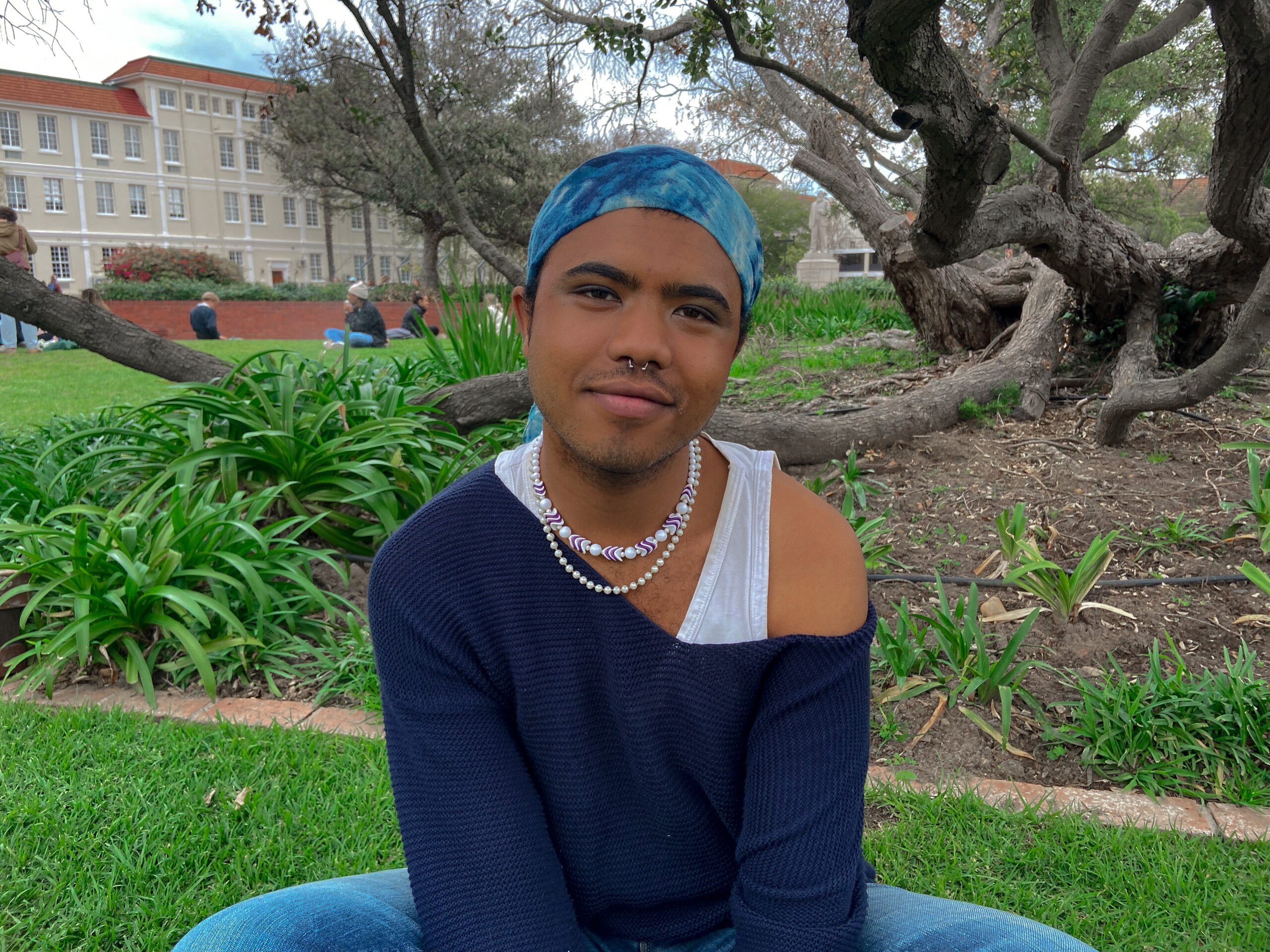ELECTION IS NOT A ONE-DAY EVENT
The Summit for Democracy 2023 Day 2: Co-host Zambia panel discussion
The Summit for Democracy 2023 saw co-host Republic of Zambia conduct a panel discussion on ensuring electoral integrity on the African continent, moderated by Rueben Lifuka, Transparency International Vice Chair. The discussion centered around the many stakeholders that contribute to election integrity, as well as how elections on the African continent have changed in recent years and on identifying emerging trends that could affect upcoming African elections.
Panelists included Adv. Ahmed Issack Hassan, Chairperson of the Independent Electoral and Boundaries Commission in Kenya and Idayat Hassan, director of the Centre for Democracy and Development in Nigeria. They were joined by Justice Boissie Mbha, of the South African Supreme Court of Appeals as well as Chair of the Electoral Court, and Dr Kojo Ansante, Director of Advocacy and Policy Engagement at the Ghana Centre for Democratic Development.
The independent functioning of Electoral Management Bodies (EMB) in Africa have experienced difficulties in recent years, as pointed out by Adv. Hassan’s mention of commissioners of EMBs in Kenya being threatened, trolled on social media and in some cases even being tortured and murdered. Such was the case in 2017 when election official, Chris Msando, was found dead just days before the Kenyan general election. The election had been marred by violence as post-election protests broke out across the country, leading to the deaths of 24 Kenyan citizens.
Adv. Hassan emphasized that public trust in the electoral process as well as the ability of EMBs to insulate themselves, would certainly decline in such circumstances.
Electoral integrity, as it relates to EMBs, is also tied in with election dispute adjudication, as discussed by Justice Mbah, who stated that at institutional level the rule of law extends to separation of powers, thus a fully independent judiciary is of cardinal importance in the electoral process, as set out in the South African constitution, for example. External interference in the judiciary from legislative and executive branches inherently undermine the integrity of the electoral process, as well as the necessary election dispute adjudication.
Dr Asante explained that the Election Manipulation index, developed by the Election Analysis Centre of the West Africa Centre for Democracy and Development, used trend data and historical data to interpret both the election process and outcome in Nigeria to ensure integrity of the election process.
Dr Asante contended that in order for good election observation, citizens’ observation groups and civil societies need access to data to nuance the elections and see where the gaps are for reform, including data on the voter registration process. He further highlighted that so-called ‘closed spaces’ in which there is a limitation of the exercise of civil and political rights, especially within the electoral process, was often a death sentence for observer groups in some countries in Africa. Paired with high levels of violence before and on election day, leading to voter suppression and manipulation, as well as interference into EMBs and fraud, the integrity of elections cannot be ensured.
Civic tech and the civic tech movement, which uses digital tools to facilitate citizen engagement and participation in the electoral process, was also included in the discussion, with Hassan expounding on its many uses, such as civic mobilization and communication during elections. As more Africans, increasingly of the younger generation, make use of civic tech, a culture of crowdsourcing information on the electoral process, as well as election integrity and vote tabulation, is emerging. Many citizens and groups establish their own platforms for these purposes, according to Hassan. Fact checking to combat disinformation is also an important benefit of the civic tech movement.
Limitations to the civic tech movement do, however, exist. The digital divide is ever-growing, as not all Africans have availability of phones or stable networks. The cost of data further excludes certain parts of society. Social media is often used as a weapon for polarization by bad actors within the electoral process to the ends of undermining the entire election and the legitimacy of its processes. Social media strategies by bad actors leads to voter suppression, which, increasingly, is not just physical. Micro-targeting certain people, the spread of videos of violence at polls and physical voter suppression, per Hassan, has successfully prevented people in Nigeria from going to polls to cast their vote.
The general consensus amongst the panelist, as well as Lifuka, is that there is much work to be done regarding election integrity on the African continent.Education and access to information was identified as a key area for improvement as well, tying in with the opening remarks of Miguel Cardona, U.S Secretary of Education, who stressed the importance of access to and understanding of information relating to the electoral process. Hassan suggests rethinking electoral integrity to not just focus on flaws in processes on election day, but to make use of trends and political context on the African continent to ensure that the environment people vote in is conducive to election integrity.


